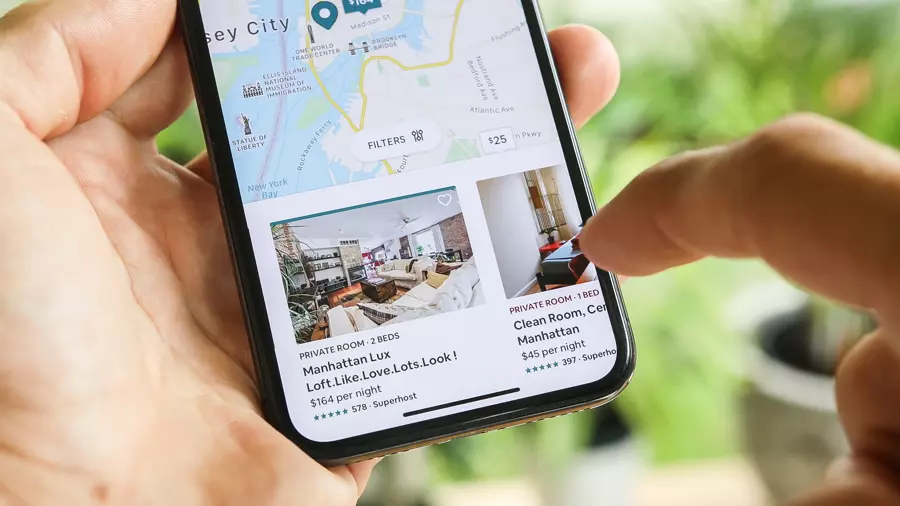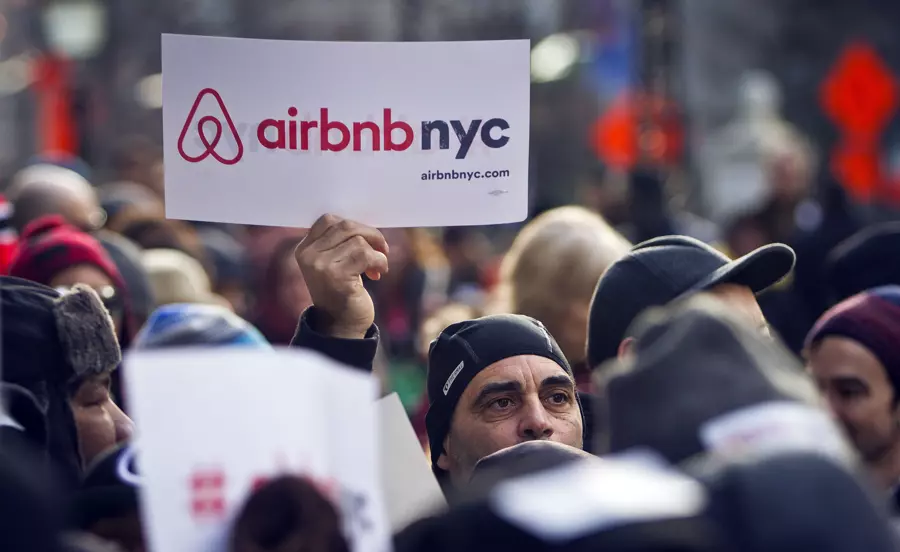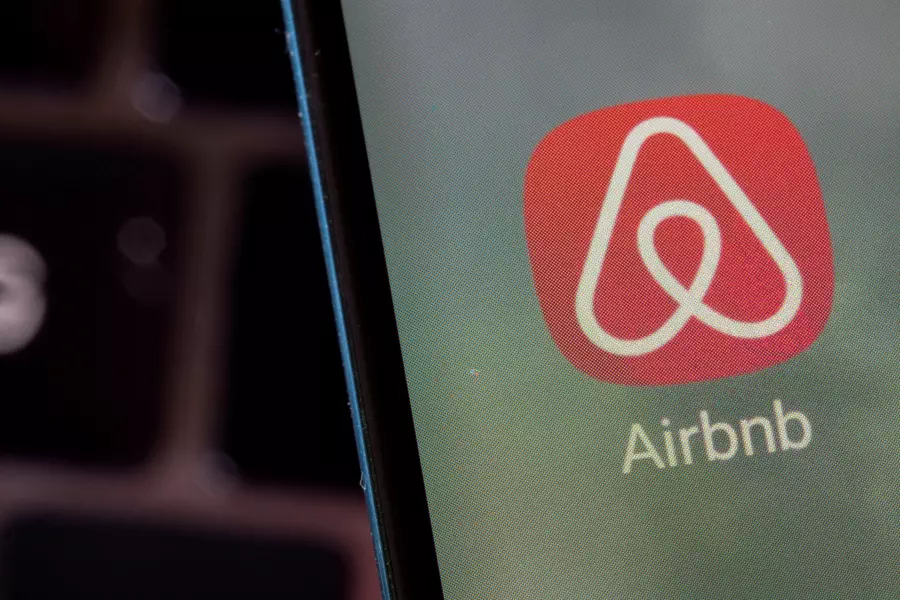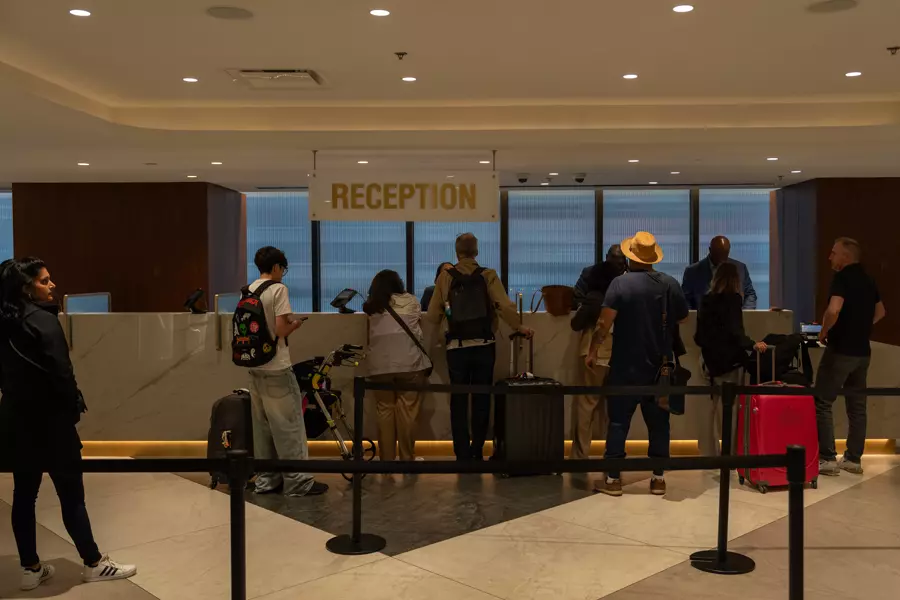In September of last year, New York City enforced strict rules on short-term rentals such as Airbnb, Vrbo, and Bookings.com with the intention of prioritizing long-term housing and supporting the hospitality industry. As a result, legal short-term rental listings in the five boroughs dropped by 80. However, this crackdown has only served to increase hotel prices while having minimal impact on improving housing affordability, as stated in a recent report.

Since June 24th, there were 2,276 legal short-term rentals available, significantly lower than the pre-enforcement number of 22,246. Along with this decline in Airbnb listings, hotel prices and rental costs have risen in the city. The rules enforced by New York City have not had any positive effect on housing affordability. Rents continue to rise, and housing stock has reached historic lows.
According to Nathan Rotman, Airbnb’s Northeast policy lead, “The rules haven’t improved housing affordability in the city — rents continue to rise and housing stock has reached historic lows.” Hotel prices have increased as well; average daily hotel rates are now over $300 in the Big Apple, as reported by state Comptroller Thomas DiNapoli.
Since New York City began requiring short-term rentals to be registered, it has received a total of 6,395 host registration applications. Out of these, only 2,276 were approved, while 1,746 were denied and 2,269 applicants were asked to provide additional information. However, there may still be more listings available, as registered hosts can have multiple listings.

Skift, a travel site, noted that New York City has only approved a few thousand host registrations, all for reservations where the host is present during the stay. This is good news for neighborhoods that are tired of house parties and illegal hotels but not so great for tourists who cannot afford sky-high hotel rates or short-term rental platforms.
In addition to the new registration requirement, hosts must be present during the stay, and a maximum of two guests are allowed. The rules also ban separate apartments or living quarters for short-term stays in both apartment buildings and private homes, with penalties of up to $5,000 per violation for violators.
Critics argue that the near-ban on short-term rentals hurts homeowners who relied on the extra income and visitors who cannot afford expensive hotel rates. Hotel costs increased by 20% during the last holiday season, while overall hotel prices have risen by 10%, as reported by The Post in December. This was attributed to asylum seekers occupying over 10,000 low-cost rooms.

Airbnb conducted a survey last year which found that the law is driving tourists away from the Big Apple. Sixty-five percent of respondents said they are less likely to visit due to pricier hotel stays, and 30% mentioned that they would stay with friends and family if they do come. Fifty-four percent said they are now more likely to book short-term stays on regulated platforms.
Pro-housing supporters of the city’s regulations argue that officials should prioritize homes over hotels. They believe that short-term rentals can take homes that would otherwise be lived in full time off the market, potentially exacerbating the housing shortage. Mayor Adams echoed this sentiment in March, stating that “Illegal short-term rental operators hurt our hospitality industry and make it harder for New Yorkers to find affordable housing, and we must ensure we are holding them accountable.




